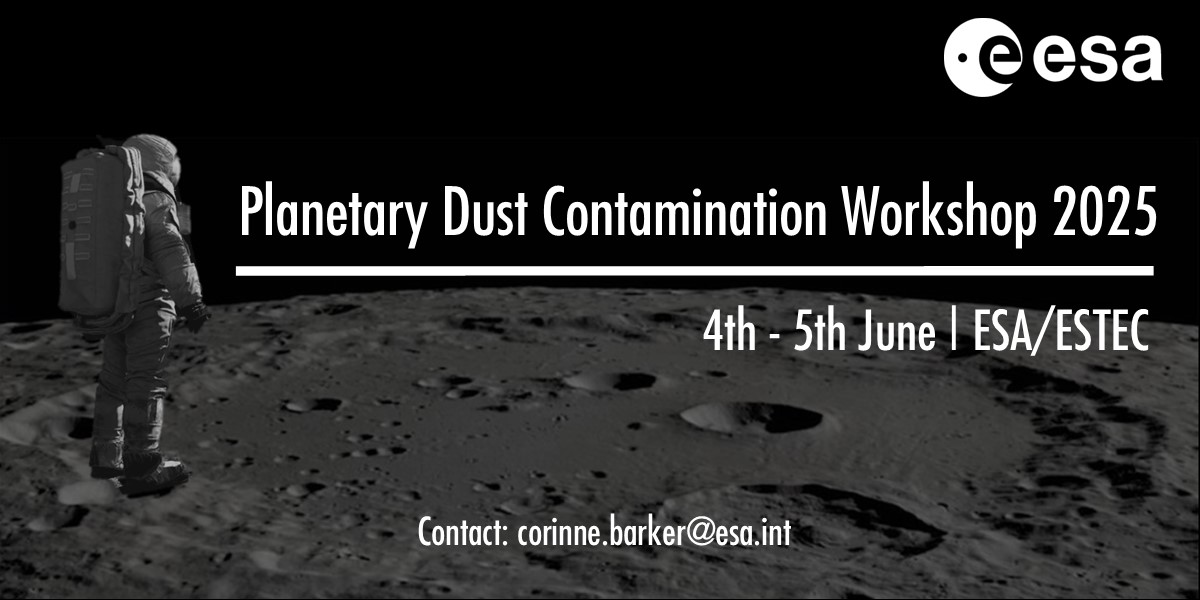Speaker
Description
The Moon's surface regolith has endured billions of years of space weathering, including solar wind and UV/cosmic ray bombardment, resulting in a highly charged surface. Some of this charging is permanent due to the embedded solar wind ions in the crystal structures of the Moon's exposed surface minerals. Given the low gravity environment, the inability to discharge due to dry and vacuum conditions, and the fine grained nature of the regolith, the electrostatic properties of the surface dominate the behaviour of the finer fractions of the regolith.
Therefore, this project revolves around experimenting with 4 Apollo samples to directly measure the electrostatic potentials of these samples, and 3D image the structure of the regolith when it is charge-dominated. This will improve our understanding of the sources of the charges, the stickiness of the lunar dust, and the methods required to remove dust from sensitive surfaces. It will also contribute to the design and creation of more representative regolith simulants, supporting the wider lunar science and technology communities.

